|
|
|
|
For the past seven years, a jihadist insurgency has spread across northern and central Mali, causing widespread political and social instability. Coupled with a failing economy and the challenges of dealing with the new coronavirus pandemic, the deteriorating situation in the West African nation gave rise to mass protests. After weeks of marches through the capital, Bamako, during which protesters demanded that President Ibrahim Boubacar Keïta step down, soldiers arrested Keïta this week. He has since resigned. Bruce Whitehouse argues that after years of insecurity, corruption and a serious humanitarian crisis, this coup comes as no surprise. The protests emboldened the military to overthrow the government, but the future
looks less certain.
Meanwhile, in the United States, presidential aspirant Joe Biden doesn’t really need the splashy virtual Democratic National Convention, now underway, to introduce his candidacy to the world. He was vice president for eight years and served on the Senate Foreign Relations Committee for decades. Yet his international agenda remains somewhat opaque. Diplomacy expert Klaus Larres of the University of North Carolina, Chapel Hill looks to the
candidate’s long history to assess his likely foreign policy priorities.
|
Moina Spooner
Commissioning Editor: East and Francophone Africa
|

|
|

Malian Air Force deputy chief of staff Ismael Wague (centre) speaks during a press conference on August 19, 2020.
ANNIE RISEMBERG/AFP via Getty Images
Bruce Whitehouse, Lehigh University
The transition to a civilian government won't be smooth.
|
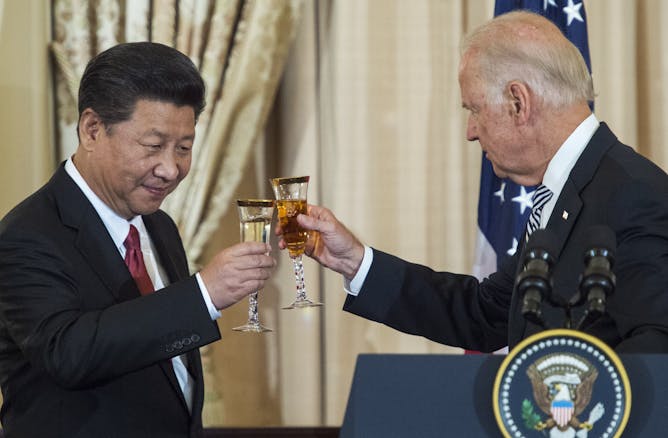
Biden goes way back with a number of world leaders, among them Chinese President Xi Jinping.
Paul J. Richards/AFP via Getty Images
Klaus W. Larres, University of North Carolina at Chapel Hill
How would Joe Biden engage a world upended by Trump? A diplomacy expert explains what Biden's history says about his foreign policy priorities.
|
Science + Technology
|

Melville (Brock) Fenton, Western University
This important discovery demonstrates that cognitive maps are not the exclusive domain of humans and a few other species.
| |
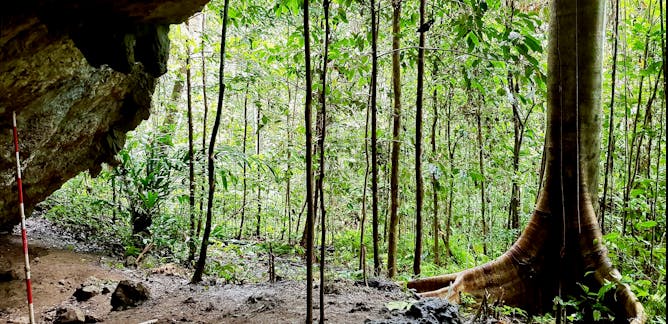
Shimona Kealy, Australian National University; Sue O'Connor, Australian National University
Archaeological discoveries in a jungle cave in central Indonesia suggest humans arrived there 18,000 years ago and decided to stay a while, hunting in the jungle and building canoes.
|
|
|
COVID-19
|

Katie Louise Flanagan, University of Tasmania; Magdalena Plebanski, RMIT University
The vaccine hasn't completed phase 3 trials, so we can't be sure it will be safe and effective for all. The Australian government's deal is contingent on these trials being successful.
| |

William Petri, University of Virginia
As grim as things are with the pandemic raging in the US and the mounting death toll, there are many reasons to be optimistic there will be a vaccine by early next year.
|

Barbara Jacquelyn Sahakian, University of Cambridge; Christelle Langley, University of Cambridge; Deniz Vatansever, Fudan University
Whether you had COVID-19 or just stressed out about getting it, your brain's hippocampus may have shrunk in the last few months.
| |
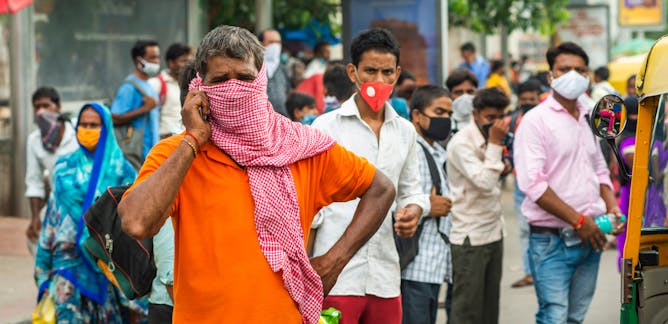
Kunal Sen, United Nations University
Whether the pandemic’s effect on inequality will be felt for many years to come will depend on the response.
|
|
|
Culture + Society
|
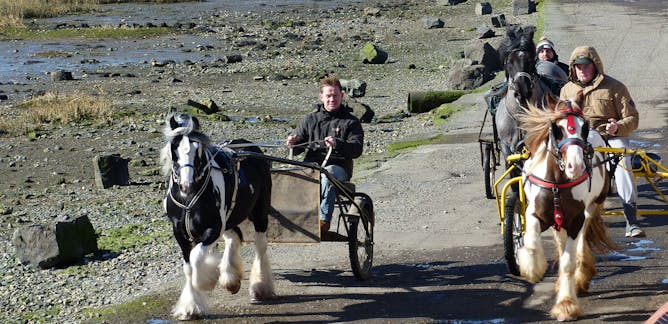
Vanessa Heaslip, Bournemouth University; Jonathan Parker, Bournemouth University
Discrimination and stigma towards Gypsy, Roma and Traveller communities make them uniquely at risk of COVID-19, but we often lack the data needed to turn that around.
| |

Eleanor Dumbill, Loughborough University
There are reasons many female writers chose to publish under male pseudonyms. Republishing their books under their female names denies them agency.
|
|
|
En Français
|
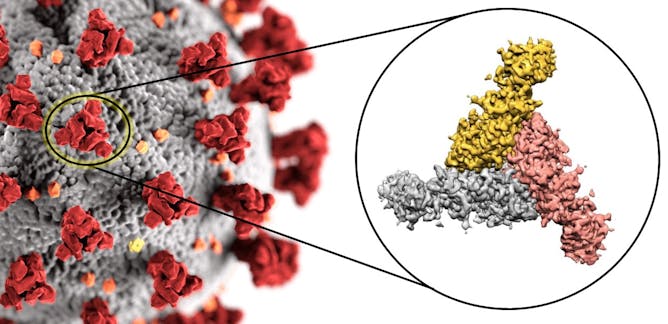
Léni Jodaitis, Université Libre de Bruxelles (ULB)
Découvrez à quoi ressemble le virus responsable de si grands bouleversements.
| |
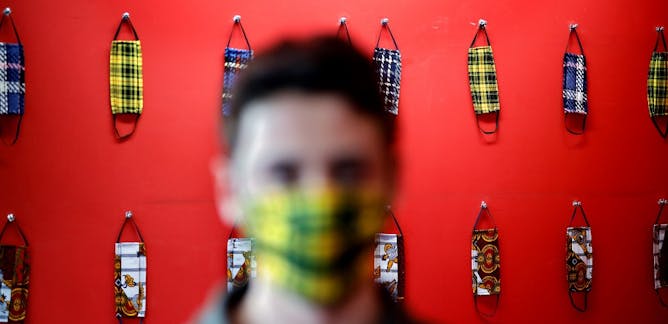
Pierre-Joseph Laurent, Université catholique de Louvain
Dans la vie quotidienne, nous devons tous reculer, ne plus toucher ni embrasser, apprendre à regarder, à considérer l’autre autrement pour adopter la Cov-attitude.
|
|
|
| |
| |
| |
| |
| |
| |
|
|
|
|
|
|
|